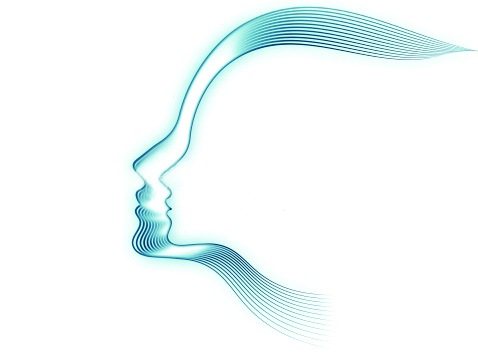
by Gergana Dimitrova, M.D., Medical Director and Board Certified Geriatrician, The Carolina Center for Behavioral Health
“We all have a story to tell, but the best one should be the story of our own lives.” – Author unknown
We are entering an age when an unprecedented number of accomplished, well-educated adults will live into their late 80s and 90s. This is the “Baby Boomer” generation, men and women who have reached out for the best in science, education, and civil rights. By 2030, older adults will account for 20% of our nation’s population and they will expect high quality, comprehensive health care to provide for their needs.
The World Health Organization, the leader in establishing the highest goals and standards for providing health care, defines health as “a state of complete physical, mental and social well-being and not merely the absence of disease or infirmity.” This definition clearly highlights the importance of good mental health to overall health and well-being.
Current statistics tell us that 25% of people aged 55+ are experiencing some form of mental health issue. The most common mental health issues affecting aging Baby Boomers are:
Depression – 18.6% of the population
Anxiety Disorders – 17.1%
Dementia – 10% (escalating to 50% in those age 85+)
Substance Use Disorder – 6%
The most alarming statistic is that people ages 65+ account for 20% of all suicides in this country.
An elderly person dies by suicide every 1 hour and 37 minutes with men age 65+ having the highest suicide rate in the United States. At age 85+ the rate increases to two times the national average. Behind these tragic numbers are real men and women whose life stories are left unfinished, often times because mental health issues were not recognized or treated.
So how can we prevent these sufferings and provide care and hope for seniors and their families as they face the challenge of aging and mental health? We must be educated on the risk factors and signs of a mental health crisis.
Depression is the most common underlying mental health condition leading to suicide. Risk factors for depression include chronic medical illness, chronic pain, loss of physical functioning, recent significant personal loss, multiple stressors, alcohol and substance abuse, and easy access to lethal weapons.
Signs that someone may be struggling with depression include: sleeping more or less than usual, decreased appetite and weight loss, decreased energy and interest in life, family, and routine activities, constant feeling of sadness for days and weeks at a time, increasing irritability and anger outbursts, increasing thoughts of suicide and death Risk factors for Anxiety Disorders include the female gender, exposure to a traumatic event, social isolation, loss of a significant person in childhood, a chronic medical illness, or impaired memory.
Signs that someone may be affected by an anxiety disorder include: excess or undue worry or fear, feeling “on edge”, poor sleep and increasing fatigue, muscle aches, tension, racing heartbeats, shortness of breath and tingling sensation of hands, mouth or feet, dizziness, lightheadedness, clammy hands, sweating, upset stomach.
Dementia is often the most widely recognized behavior change in seniors. The risk factors for developing dementia include age, high blood pressure, diabetes, strokes, sedentary life-style, low education level, female gender, head injury, and alcohol abuse.
The most common behavioral changes related to dementia include: clear memory loss of recent events, loss of ability for abstract thought including planning and completing complex tasks such as paying bills, driving, and cooking, difficulties finding common words and names, exhibiting behaviors such as making thoughtless comments or socially inappropriate actions.
If you or someone you know may have any of these mental health issues, please do not be afraid to talk with your primary care provider or a behavioral health facility for early intervention and prompt treatment. There are many community health resources and organizations that will be happy to help you get back and stay on the road to good mental health.
After all, you have a story to tell and the best one should be the story of your life.



